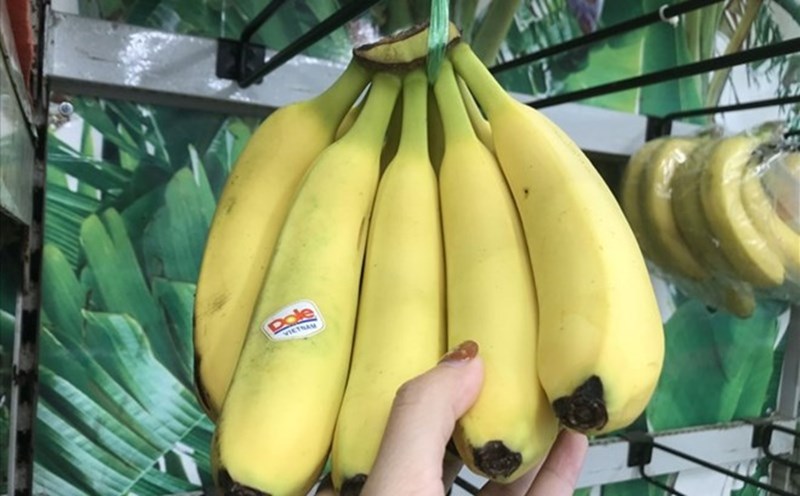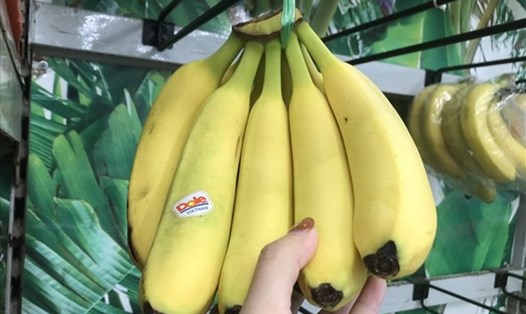According to Harvard Medical School, when bananas are overripe, resistant starch - a type of carbohydrate that helps stabilize blood sugar is completely broken down into glucose and fructose.
The natural sugar content can be 3 times higher than that of ripe bananas. This increases the glycemic index (GI) of ripe bananas, causing a rapid increase in blood sugar after eating and stimulating more insulin secretion.
This "insulin resistance" affects the thrombosis of blood vessels, reducing the elasticity of blood vessel walls, thereby making blood pressure unstable.
A study in the Journal of Clinical hypertension shows that people who regularly consume fruits with a high glycemic index (such as overripe bananas) are at an increased risk of high blood pressure of up to 22, compared to the group that eats less sweet fruits.
Bananas are known as a rich source of potassium - a mineral that helps dilate blood vessels and helps regulate blood pressure. However, in overripe bananas, the amount of free potassium (ion K+) increases compared to the underripe version, which is easily absorbed into the blood.
A state of hypercalcemia can disrupt the heart rate, reduce the contraction of blood vessels, and even lead to sudden low blood pressure.
Cardiologist at the Mayo Clinic warns: People with high blood pressure need to carefully control the amount of potassium from food. Eating too many bananas that are too ripe, especially when taking a blood pressure lowerer, can create an adverse reaction that causes blood pressure to be unstable.
According to new instructions from the American Heart Association (AHA), people with high blood pressure should prioritize bananas that are still slightly green or just ripe, when resistant starch and fiber are still abundant, low glycemic index, helping to maintain stable blood sugar and blood pressure.
Overripe bananas should only be eaten occasionally, no more than 1 fruit/day and should be combined with foods rich in protein or good fats (such as yogurt, walnuts) to slow down the absorption of sugar.
Dr. Laura Chen, a clinical nutritionist at Johns Hopkins University, emphasizes that bananas are a good food, but in people with high blood pressure, ripeness determines whether it is beneficial or harmful.
Bananas that are too ripe, although soft and easy to eat, contain high sugar and easily cause blood pressure to fluctuate - something that patients need to especially avoid.











